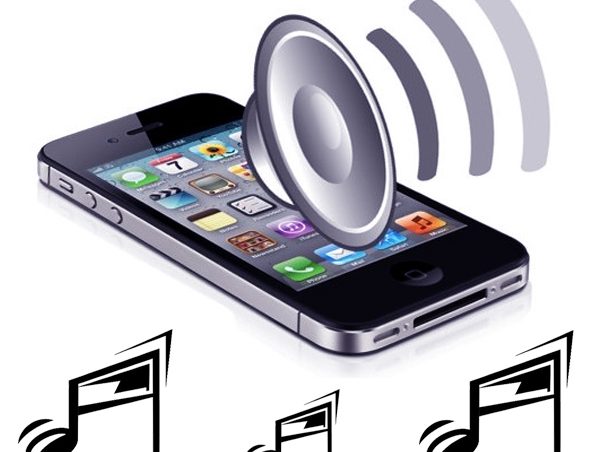Choosing between Apple iPhone and Android smartphones is one of the most popular and frequently discussed questions among buyers. Both options have their own strengths and features that can influence a buyer’s decision. Let’s take a look at the main factors that can help make an informed choice.
Apple iPhone
Advantages:
- Apple ecosystem
- Synergy with other Apple devices (MacBook, iPad, Apple Watch).
- Easy integration of services (iCloud, iMessage, FaceTime).
- User interface and updates
- Intuitive and stable iOS interface.
- Long-term support and regular OS updates (typically up to 5 years).
- Build quality and design
- High quality materials and build quality.
- Attractive and recognisable design.
- Performance and optimisation
- Powerful processors (A-series chips).
- Good software and hardware optimisation.
- Camera
- High quality photos and videos.
- Features such as Night Mode, Deep Fusion and others.
Disadvantages:
- Price
- High cost of the devices.
- Expensive accessories and repairs.
- Closed system
- Limited customisation of interface and functionality.
- Dependence on the Apple ecosystem.
- Lack of some features
- No microSD card support.
- Limited customisation options compared to Android.
Android-based smartphones
Advantages:
- Variety of choice
- A wide range of models from different manufacturers (Samsung, Google, OnePlus, etc.).
- Large price range – from budget to premium devices.
- Flexibility and customisation
- Possibility of deep customisation of interface and functionality.
- Support for various launchers and widgets.
- Functionality
- Support for microSD cards, removable batteries (in some models).
- Ability to use two SIM-cards.
- technical innovations
- Rapid adoption of new technologies (5G, high refresh rate screens, high resolution cameras).
Disadvantages:
- OS updates
- Irregular and not always continuous updates (depends on the manufacturer).
- Possible delays with OS updates.
- Variation in quality
- Varying build quality and materials.
- Some budget models may have poor performance and reliability.
- Fragmentation
- Large number of different versions of Android on the market.
- Not all apps and updates are compatible with every model and OS version.
Conclusion
Choosing an Apple iPhone would be ideal for those who value high build quality, stability and long-term device support, and want integration with other Apple products.
Choosing an Android smartphone will suit those who are looking for variety in models and prices, prefer flexibility in device customisation and want the latest technology.
Ultimately, the choice depends on personal preference, budget and specific device requirements.
